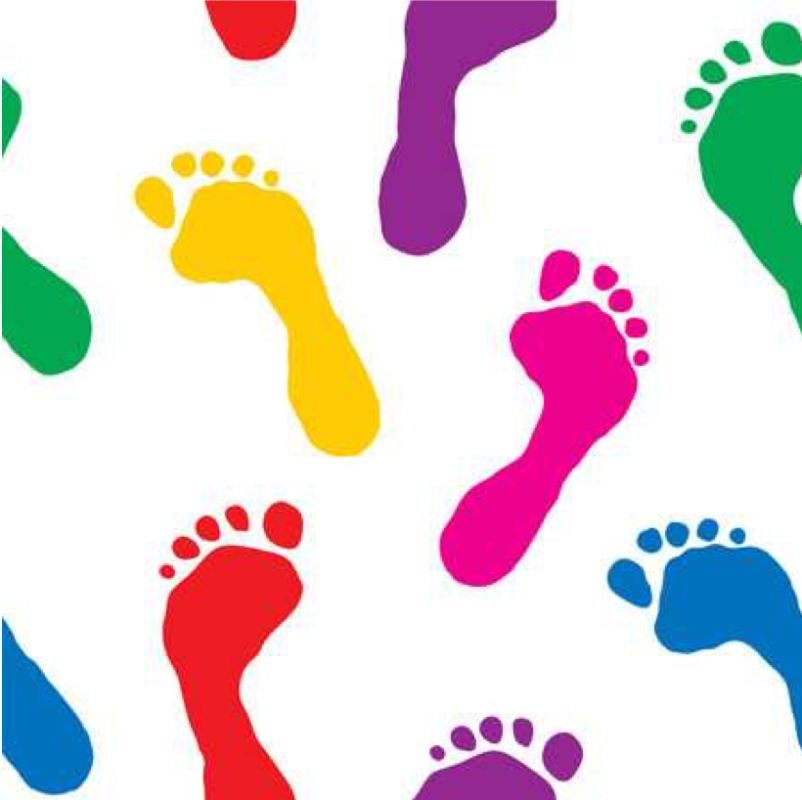
Global Planning Aid Networking Event A New Partnership Approach To ‘Sustainable Cities And Communities’: Empowering Poor And Marginalized People To Make Better Places
The challenge for our times is to find ways to support the endeavours of poor and marginalised people to make human settlements “safe, resilient, inclusive and sustainable” (SDG 11).
During the 10th World Urban Forum in Abu Dhabi (8-13 February 2020), this Networking Event will be a call to action from the International Society for City and Regional Planners (ISOCARP) and Planning Aid Scotland (PAS). We urge others to join us to explore practical ways to connect know-how and need.
Why Global Planning Aid? Knowledge is power, but knowledge about how to design, plan and implement urban and rural development is in short supply. Globally the built environment professionals are concentrated in the richer countries. Within countries, expertise is typically based in the capitals or large cities, but thinly spread – if present at all – in small and medium-sized towns and peripheral regions.
Education to professional level in planning and design is expensive, usually requiring study for a Master’s degree. Effectively poor and marginalised people are excluded; yet they are on the “front line” in creating and adapting the places where they live and work. SDG 11 cannot be delivered without them. Global Planning Aid is about empowering people disadvantaged or ignored by conventional planning and design. This can be done by connecting volunteer professionals to those for whom that expertise can make a difference.
Developing the capacities of people and groups who lack formal planning education but have local knowledge and understanding of needs to become ‘barefoot planners’ is at the core of Global Planning Aid. Where possible this will be done in cooperation with local governments and other local stakeholders. However, we believe that training for barefoot-planners can also be organized remotely, using online courses and tools (apps) and mentoring. The need is most acute in rapidly urbanizing countries and small island developing states, but exists also in the “Global North”, e.g. in deindustrialized towns or amongst a diverse range of marginalized groups.
Can it be done?
ISOCARP and PAS are already doing work of this type. In proposing Global Planning Aid, and inviting others to get behind this partnership approach, they intend to scale up their efforts and effectiveness. ISOCARP and PAS, together with other partners, can help to unlock that enormous potential we need to deliver sustainable urban and territorial development.
ISOCARP is an international non-governmental and non-profit member-organisation, with 700+ members across 85 countries. PAS is Scotland’s leading place and active citizenship charity. It is a Scottish Charity and Social Enterprise with a large professional office that trains, manages, and supports 400+ volunteer professionals, connecting them with civil society at all levels especially young people and marginalized groups to encourage active citizenship across Scotland and Northern Europe.
PAS’ volunteers support individuals, community groups, local politicians and public bodies, including seldom-heard groups who often cannot readily engage in the planning system, e.g. young people, island dwellers and gypsy travellers. PAS’ support empowers communities to develop their ideas, make their own plans and get involved in the development of their places and built resilience on climate change adaptation. PAS has already developed the use of app for young people and online training tools.
ISOCARP creates Urban Planning Advisory Teams (UPATs), typically a mix of senior and junior planning experts, for 3 to 5-day workshops or charrettes, responding to an invitation from a host organisation. They deliver innovative approaches, policy proposals and or a plan or design for the focus area, accompanied by a report or magazine.
Young Planning Professional (YPP) workshops typically follow the same creative rapid planning approach. Lessons are shared at ISOCARP’s yearly World Planning Congress. However, as the hosts have to meet costs, this planning service is only affordable for relatively well resourced or sponsored clients. Hence, many communities in need for planning assistance – e.g. in their struggle to be more climate or culture resilient – currently are not reached.
So there are hurdles but we have the building blocks: the vision in the SDGs and the New Urban Agenda, plus the expertise of PAS in mobilising and training volunteers, ensuring their skills and attitudes are impartial to encourage and facilitate greater engagement by all, connecting them to those who can benefit from their know-how, plus the international reach and experience of ISOCARP.
A plan for the next two years
Between WUF 10 and WUF 11, we pledge to work together to turn these ideas into a reality, and report on progress in 2022. We will:
- Provide office support to promote, develop and test Global Planning Aid, including recruitment of volunteers and identification of needs.
- Invite partners and sponsors to commit to Global Planning Aid.
- Create a Q&A ‘desk’ support on one or two topics (e.g. Safer and more liveable streets) through which expert volunteers can formulate generic capacity development advice in writing, over a phone or through web-applications.
- Promote the Place Standard, a simple-to-use tool that focuses discussion and action on the relation between place, wellbeing and health.
- Actively explore possible sources of funding, including crowdfunding.
Questions, suggestions and offers of support: ISOCARP: Frank D’hondt, Secretary General – secretarygeneral@isocarp.org PAS: Petra Biberbach, Chief Executive – petra@pas.org.uk